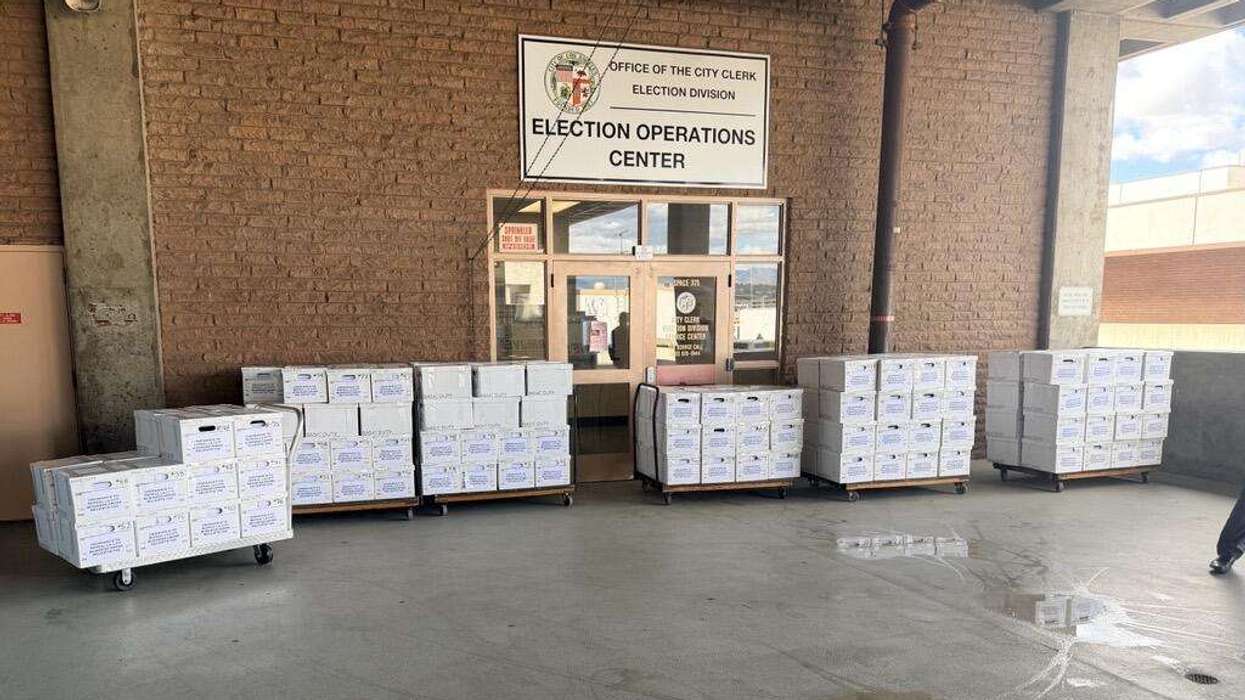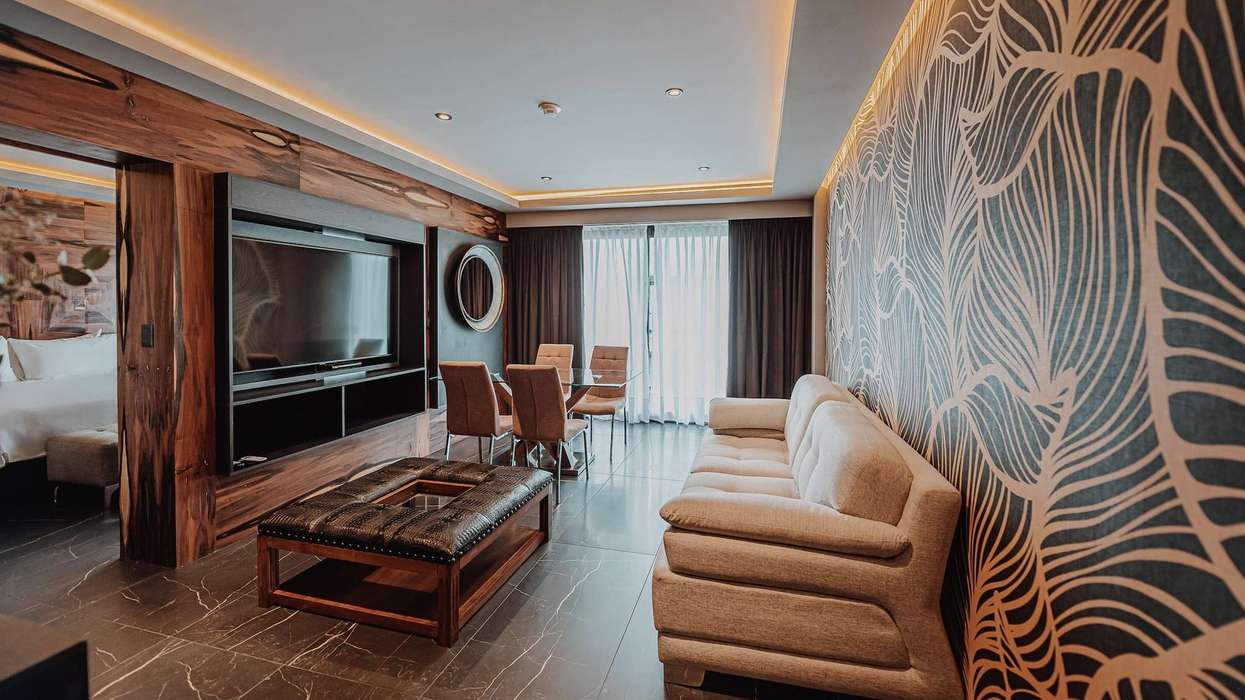A NEW PROTOTYPE, new partnerships and new executive team members were in the spotlight at Red Roof’s Elevate 2024 Brand Conference this week. More than 1,000 franchisees, team members and partners attended the conference at Mohegan Sun Casino and Resort in Uncasville, Connecticut.
Zack Gharib, Red Roof president, opened the conference by outlining the company’s plan for continuing its growth.
“We are an iconic American brand, and we are living the American dream,” Gharib said. “We will elevate this brand, this company and our business. We will do that with a better and more consistent experience for our guests.”
The new prototype announced at the conference is the first step outlined by Gharib. New technology options and new leadership also are part of the plan, and a central element is focusing on the company’s culture and consistency.
Cutting costs drove new design
The new-build prototype is designed as an 80-room, three- or four-story property with interior corridors that is scalable. It has a redesigned lobby and new amenities. The new design has a lower cost using lessons from Red Roof’s recently updated new-build prototype for its extended-stay brand, HomeTowne Studios by Red Roof.
The first property under that prototype, HomeTowne Studios Tampa – Airport recently opened in Tampa, Florida. The 124-room hotel will be operated by Dhruv Management, led by President and CEO Vijay Patel, and was developed by Dhruv Development, headed by CEO Amit Patel.
“We had the details of really how much it cost them, line by line. So we took that and we developed the same shell on the inside. On the inside, it's really the same, the same construction, the same finishes, the same look, because we know the numbers on these,” Gharib said. “We took all these numbers, we took the shell on the inside and then we built a beautiful outside. We know the numbers very well. We know the inside is really appealing to the guests, because we're seeing it in our reviews from Tampa. The reviews have been amazing. People love the prototype. I think owners in general are very interested in the Hometown Studios.”
Matthew Hostetler, Red Roof’s chief development officer, said the new prototype is expected to cost around $84,000 to $105,000 per key, without land, depending on where it is being built. ADR is projected to be around $80, comparable to Red Roof Plus.
The new prototype offers other savings, said Fouad Malouf, chief operating officer.
“Obviously, our franchise community, any franchisee wants to know how they can save money in addition to the cost of building a new property,” Malouf said. “So, labor efficiencies to them, meaning strategic placement of storage room, satellite rooms, laundry room, so the employee is not going back and forth trying to get from one place to the other just to grab linens or whatever. So, labor efficiency definitely came into the picture.”
New technology offers better business practices
Red Roof also announced a new partnership is with Sojern, a guest experience platform in the hospitality industry. Sojern will provide Red Roof traveler insights and the ability to communicate with guests, improving both growth and profitability.
Gharib said the company is very excited about the partnership and Sojern are really great people to work with.
“At the same time, the technology matters,” Gharib said. “The AI investment that they're doing, the reporting that they're going to give us, and the details on understanding guest needs and what's really ticking for them, what's working, what's not. I think it's going to help us really develop action plans for the future, as our operations team start visiting the properties and driving consistency so really taking that information and putting it into action plans, not only for our teams, but also for the properties, is key.”
Gharib said there are already plans to expand the use of Sojern’s technology.
“From an AI and guest experience perspective, it's important for us to have a platform that will help us move into the next phase, which is the concierge level, texting the guest,” Gharib said. “That aspect that really improves the guest experience is in the works. Obviously, we didn't announce it today on stage because we haven't started that particular piece, but it's in the roadmap, and hopefully we should have something soon.”
Sharee Brell, senior vice president of technology, said she expects the deal with Sojern to improve the company’s business.
“Guest sentiment is so very important to us and through their platform and the use of AI work, we can not only here get their words, but in how they phrase it gives us a better representative of the sentiment of our guests,” Brell said. “The properties have the ability to see that, hear it, and if corrections are needed, correct it, but also reward their employees when things go really well.”
The company also recognized the integration of the HotelKey property management system and outlined new applications for HotelKey in other aspects of the business, starting with PaymentKey. PaymentKey streamlines transactions and operations, allowing hotel operators to improve business results.
New faces in the C-suite
Gharib introduced a newly appointed chief financial officer, Tara Henderson. She is a veteran of the United States Navy and an executive with more than 20 years’ experience in finance, operations and logistics with large and complex organizations.
Gharib also introduced new General Counsel Gerrod Bede. Bede is an attorney focused on franchise and business law. He held a similar role with a company that manages multiple franchise portfolios.
Gharib emphasized his commitment to further elevating the company’s culture, for all stakeholders.
“We have cultivated a strong culture that will elevate our brand from the inside out. We are instilling habits rooted in personal growth, accountability, mutual respect and fairness,” Gharib said. “If our people are thriving, we will deliver elevated, more consistent experiences for our guests.”






